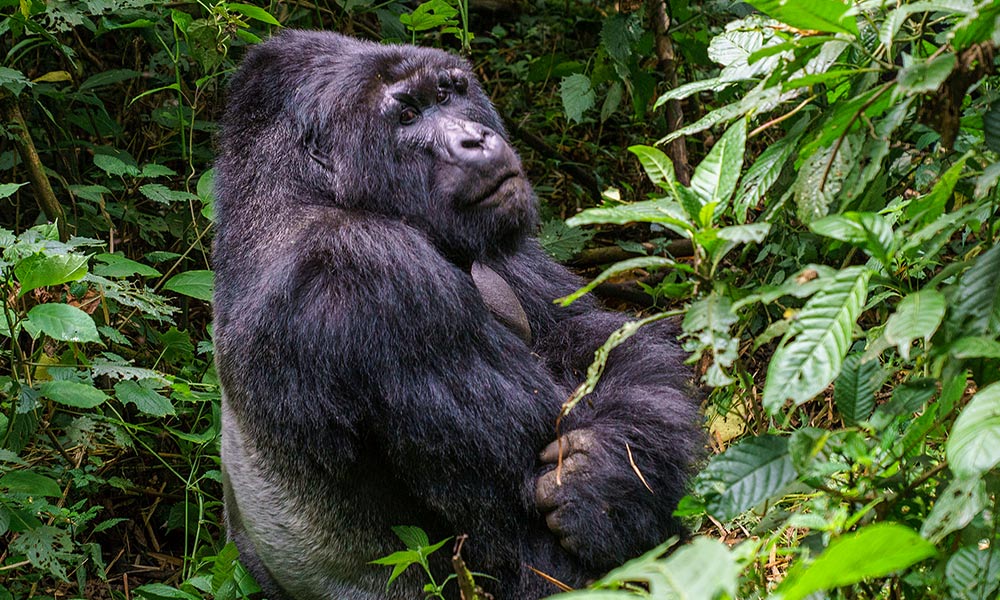There are a huge number of national parks and private game reserves, nature conservancies and wilderness areas throughout Sub-Saharan Africa, some of the most famous ones being the Kruger National Park in South Africa, the Central Kalahari Game Reserve and the Okavango Delta in Botswana, the Serengeti National Park in Tanzania, and the Masai Mara in Kenya, to name but a few. Which reserve you choose to visit will depend on a number of different factors, which are covered in the Where to Go section.
History
The Hluhluwe-Imfolozi National Park in Kwa-Zulu Natal, South Africa, is the oldest game reserve in Sub-Saharan Africa, established initially as two separate zones in 1895. It is approximately 950 sq. km and it was the site of the successful conservation effort to save the white rhino from extinction. The park covers much of the old Zulu kingdom and contains some interesting archaeological sites, as well as once being the hunting grounds of King Shaka Zulu. It is famed for its population of both White and Black Rhino, and has an abundance of other animal species large and small.
The Kruger National Park is South Africa’s second oldest game reserve, and possibly the best known game reserve to foreign tourists around the world, with one million people visiting the park each year! President Paul Kruger put funds aside to create the reserve in 1898, but due to the Boer War the creation of the reserve was postponed until 1902, when it was called the Sabie Game Reserve. The reserve steadily grew in size with new tracts of land being added over the years, and in 1926 it was renamed as the Kruger National Park. Today it reaches proportions of over 18,900 sq. km, roughly the size of Wales in the United Kingdom.
The Future
Over the years the African bush and its wildlife has attracted huge numbers of tourists, generating revenue for the local economies and encouraging the governments to establish conservation acts in order to protect their wilderness areas.
The tourism industry is thriving and the future for our game reserves and conservation areas looks good, provided we bear in mind the need for sustainable tourism in order to balance the effects of economic growth with the needs of the environment.
Although global warming may have a detrimental effect on the health of the bush, we can feel confident that the people entrusted to managing these wild areas are working hard to conserve what they can for the generations that follow. Poaching also continues to be a threat to the wildlife of many reserves and the game rangers work hard to stop this. You can also help to protect our wild areas for the generations that follow, and you don’t even have to get your hands dirty! Have a look at our Wildlife Blogs, which are diaries of various conservation projects throughout Africa. You can donate directly to these funds via their online blogs. Any amount is greatly appreciated!








